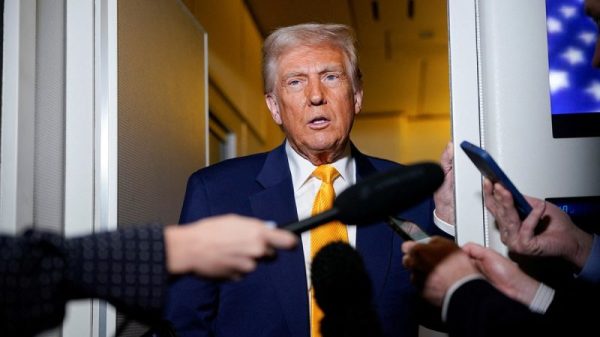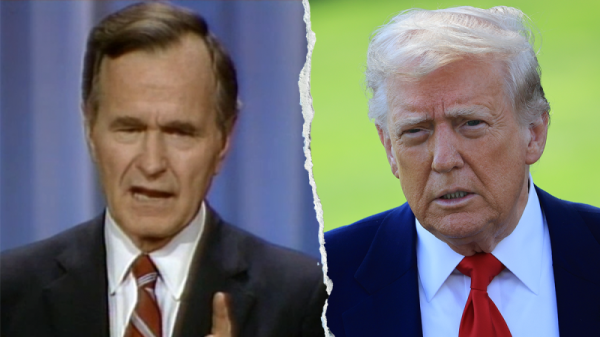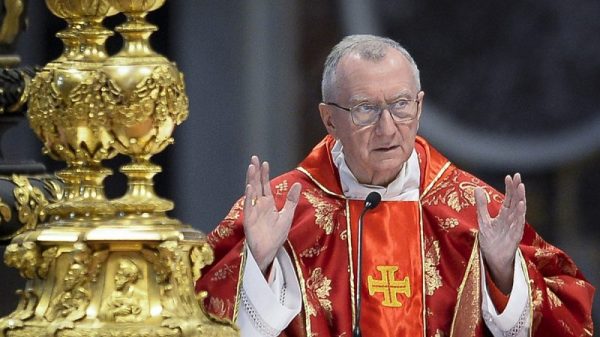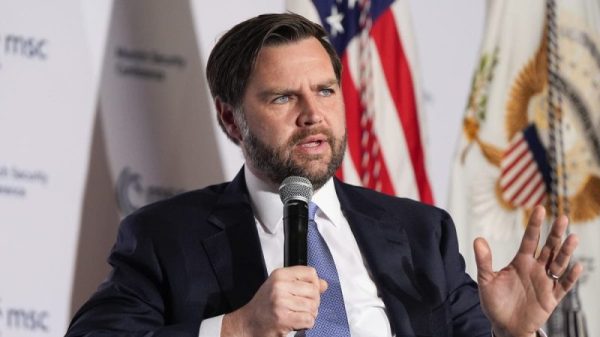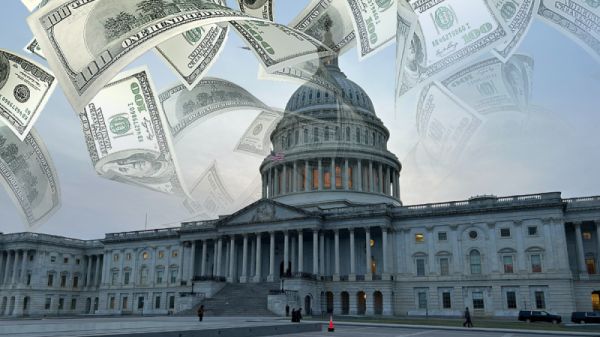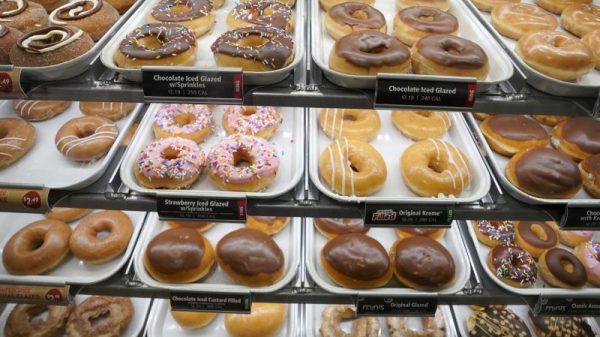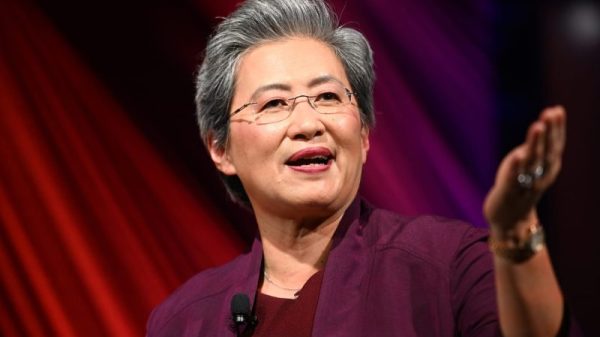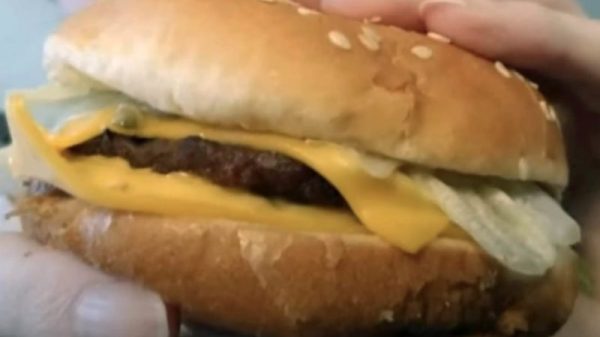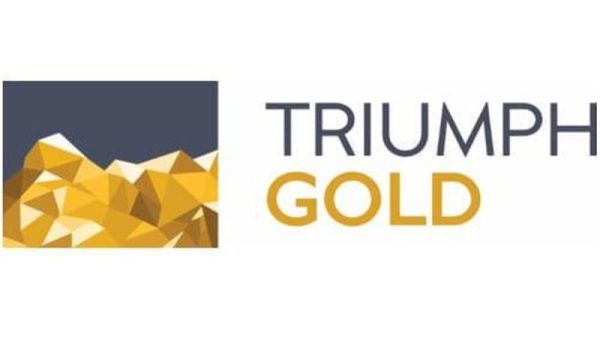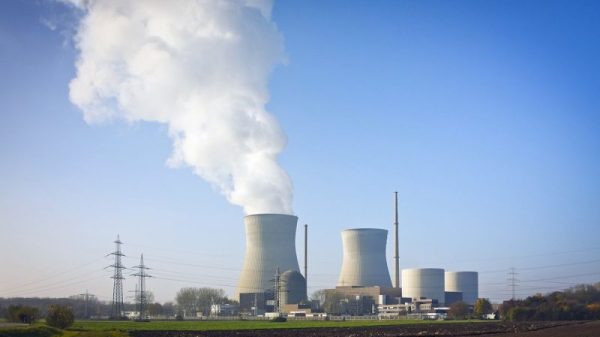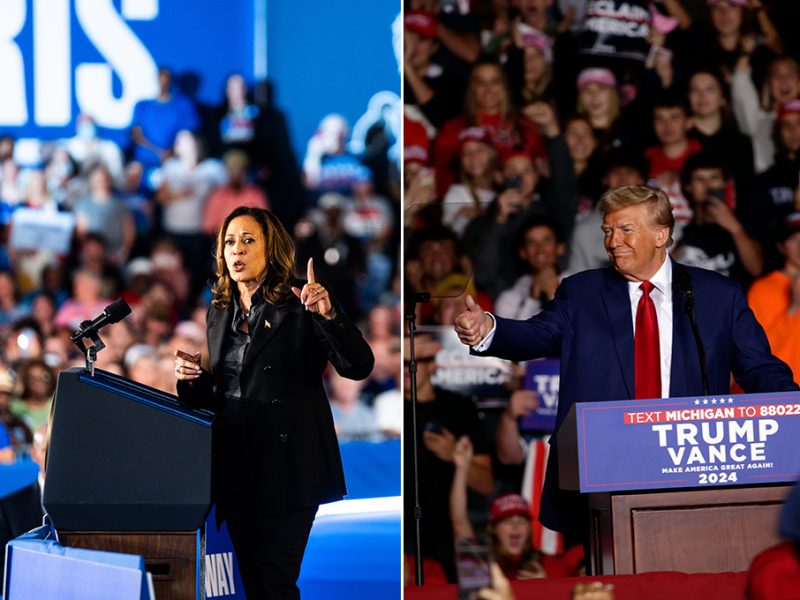Aspiring members of Donald Trump’s potential second administration gathered Thursday at Washington’s Royal Sands Social Club — a bar designed to resemble the state of Florida — for a fundraiser that felt like a victory party.
Chris LaCivita, the campaign’s top strategist, told the crowd of lobbyists and former administration officials that the former president would collect at least 289 electoral college votes in November — enough to secure the White House. Vice President Kamala Harris, he added, had plateaued in internal data, according to multiple attendees.
“Everyone in the room told me we were going to win,” said one person, who described the mood as “jubilant” and who like others spoke on the condition of anonymity to describe private events.
Less than 24 hours later, Harris campaign chair Jen O’Malley Dillon convened a Friday all-staff Zoom meeting to also predict victory — but with a much more sobering message. Nothing was certain, she told the roughly 3,000 staffers who joined the call.
“This is not going to be a race where one day we wake up and the sun shines and the clouds part and we’ve won by five points,” O’Malley Dillon told the team, according to someone who was on the call. “It’s just not that kind of race. It is tight, and we are going to just keep driving. Our data is telling us that we are winning and we are going to stay ahead, but it is by the skin of our teeth.”
The opposing messages were delivered as both campaigns have independently come to what is actually a shared understanding of the state of the race. Internal polls on both sides roughly match the public numbers that show the race in the seven battleground states within the statistical margin of error and mostly unchanged in recent weeks. Both campaigns calculate victory based on their own turnout models.
But the two camps are treating that information in divergent ways. Trump’s team has embraced bravado as it tries to keep its candidate on message and encourage him to avoid the sort of high-profile national audiences that might motivate Harris’s supporters.
Trump declined Fox News’s invitation to another presidential debate within hours of the offer this week, giving up a potential audience of about 75 million Americans. He announced rallies in California and New York — uncompetitive states where no Republican has won an electoral vote in 35 years. He authorized the leak of internal polling that showed a statistically tied battleground race with the cheerful conclusion: “Trump holds an edge.”
“You communicate and you push and you demonstrate that you are ahead,” LaCivita said in an interview Friday. “But you run like you are behind.”
Vice President Kamala Harris’s team has, by contrast, embraced the “underdog” spirit of her July launch, hoping to motivate more action from her supporters and grab the attention of those sitting on the sidelines.
Top aides spent last week warning that the $1 billion they raised in 80 days was not enough — never mind the roughly 3-to-1 spending advantage over the Trump campaign in August. The Harris campaign deployed former president Barack Obama to admonish Black men for their somewhat soft support of the vice president, as she called for another debate and hustled between mainstream television programs that Trump has avoided.
In the face of Trump’s cockiness, the Democratic mood has dipped to a mix of desperation and determination. Several people close to Harris conceded they had lost some momentum — and needed something to stir the race up. Harris advisers say they need more ad spending, more paid canvassing, more volunteer energy, more media placements, more surrogates and more activity from their candidates on bigger platforms. Even as they dominate most advertising mediums, they have begun to fret about Trump’s advantage in direct mail, shifting funds to deal with what the tracking firm Mintt says is a 4-to-1 Republican advantage.
“It’s going to take all of us together,” O’Malley Dillon told her team on the Friday Zoom call. “So feel confident in the plan.”
At the core of the calculations of both campaigns are separate research finding that many of the targeted voters in key states still do not have fully formed views of Harris, who only became a candidate for president in July. Views of Trump, by contrast, are nearly universally set. That has made it more important for Harris to make a splash in the final weeks.
“The more people see the real Kamala Harris and the real Tim Walz, the more that I believe they will do the comparison and vote for her,” Rep. Debbie Dingell (D-Mich.) said, referring to the nominee and her running mate, the Minnesota governor. “We’ve got to get people energized in this state because it’s coming down to voter turnout. We’ve got to see passion.”
The lack of definition around Harris has also shaped the advertising wars. Ads for the vice president mostly seek to provide contrast, mixing positive introductory messages about her and her plans with negative depictions of Trump.
The Trump campaign instead has focused its recent advertising on trying to define Harris as an extreme ideologue who is not on the side of regular Americans. The strategy echoes the approach of other incumbent presidents, like Obama in 2012 and George W. Bush in 2004, who seek to define their newcomer opponents as out-of-touch before they can fully introduce themselves to the American people.
The Trump campaign has put the most money in October advertising behind ads about Harris’s past support for taxpayer-funded gender-reassignment surgery for prisoners, according to AdImpact. The Harris campaign has called the ads “false,” pointing to federal court rulings that have upheld the right for inmates to get health care, but has not clarified her position on the issue.
The Trump ads run in both English and Spanish, often around sporting events with more male audiences. “Kamala is for they/them. Donald Trump is for you,” one of the spots concludes.
Trump has also chosen to focus on his rallies, which tend to be watched primarily by his supporters. In a sign of her desire to elevate the race, Harris has repeatedly urged more Americans to tune into Trump events, which are rarely covered by the major cable news networks, to see what he is offering.
Karoline Leavitt, the press secretary for the Trump campaign, said in a statement he would win “because he is out working Kamala Harris every day.” The Harris campaign declined to comment for this story.
Several Trump advisers said they did not see an upside to doing a second debate because they believe Harris needs a momentum moment more than they do. In the final weeks, the campaign is likely to focus advertisements on immigration, the economy and a clip on the television show “The View” where Harris initially said she wouldn’t do anything differently than Biden during his term before citing appointing a Republican to her Cabinet.
“People say, ‘Why aren’t we doing the debates?’ The question is, ‘Why do them?’” another Trump adviser said. “They could try to create a contrast with us. We’re going to starve her of that opportunity.”
Tony Fabrizio, the campaign’s pollster, has urged the campaign to talk about the economy. Campaign advisers have discussed limiting interviews and appearances outside of rallies.
Public polling averages have been so close for so long that divining their meaning has become a matter more akin to faith than science. Between Harris’s entrance in the race and early September, high-quality national public polls have shown the Democratic ticket move from a two-point deficit to a two-point advantage against Trump, with corresponding movements in most swing states. But that drift slowed or stopped in recent weeks — leaving a largely stable race that can be interpreted different ways depending on one’s assumptions of who will actually turn out to vote and how the polling sample is designed.
The differing vibes from the two campaigns also reflect the differing styles of the candidates. In each of his races for the White House, Trump has exaggerated his dominance, often citing polls that have no statistical significance. He frequently encourages those around him to shower him with praise. Before landing in Pennsylvania this month for a rally in Butler — the site of a July 13 assassination attempt on his life — he gathered with his advisers at the window of his plane to look at the crowd down below, which appeared similar in size to other events.
“It’s a monster,” one of his top advisers said, according to a video of the exchange posted on X by Rep. Mike Waltz (R-Fla.). “It’s a lot of people. I don’t think I have ever seen that much before.” Trump agreed, as others praised him on the plane.
LaCivita kept up that same enthusiasm Thursday night when he told the fundraising crowd in Washington that Harris had to place more advertisements on TV because they didn’t have a good message. He described polling that he said showed Trump ahead in major states and crowed that Trump had a better message, according to people present. A second attendee said people were partially there to network for jobs in a second Trump administration.
Harris, by contrast, has less interest in such positive talk. Aides say she has become more comfortable in recent weeks accepting unscripted appearances on news shows, at town halls and on podcasts as it has become more clear to her campaign that she needs to communicate with more voters.
Former congressman Conor Lamb (D-Pa.) said Trump holds a slight edge over Harris in western Pennsylvania — though he said that in conversations with voters in recent days, Harris still has an opportunity to win over Trump-leaning voters. He said he recently spoke to someone who voted for Trump in 2016 and Biden in 2020, and was 60 percent likely to vote for Trump again, attributing his preference to Trump because he is a known quantity.
“That tells me though that if Trump hasn’t fully closed the deal, Harris still has an opportunity if people get a chance to know her,” he said. “Trump knows that people are not going to change their opinions on him very much regardless of what he says or does. Her strategy to be more active and visible makes sense.”

